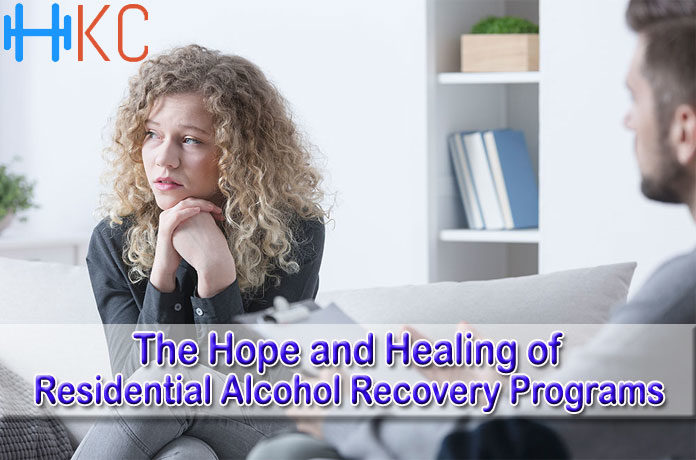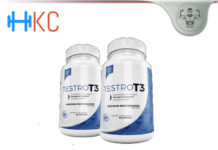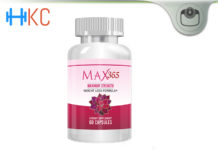Making the decision to seek help for an alcohol addiction problem is a courageous and positive thing to do. It may seem daunting and scary, but for those who suffer from alcohol addiction, it is the best decision they can make. Many people wait until they feel they have no choice but to seek help, that they have to hit some sort of rock bottom. The truth is, there is hope and healing to be found in alcoholism treatment programs for individuals who are struggling with alcohol abuse or addiction at any stage. Things do not have to get any worse before they get better.
There are many recovery-related options available for those affected by alcohol abuse and addiction, but without guidance, it can be hard to figure out which one will provide the best alcohol recovery program for each individual. Some addicted people are able to get and stay sober by attending addiction support groups, attending meetings, sharing with others, and getting involved. Others benefit from attending an intensive outpatient program (IOP), where they meet several times a week for a few hours for education, support, and time to learn coping and life skills. Still, others choose to go to residential alcohol rehab centers, where they stay for 30 – 90 days or more, in order to become fully immersed in their recovery before returning to normal life.
How Do You Know Which Program of Recovery Is Right for You?
There are benefits and drawbacks that come with each type of alcoholism treatment program. Here are the benefits and drawbacks of each program of recovery.
Recovery Support Groups
Benefits
- No cost – meetings for addiction and recovery groups are typically free of charge
- Availability – there are often meetings every day of the week at various times
- Like-minded people – members are able to hear the experiences and hopes of others who have suffered the same issues they have
- No judgment – because of the like-mindedness there isn’t any judgment of members’ experiences
- Remain at work or school – meetings are generally only an hour so members can maintain other responsibilities easily

Drawbacks
- No addiction professionals – Recovery groups are generally designed for one addict to help another, so there are no addiction professionals, therapists, or doctors
- No therapy – there is no therapy for treating underlying issues
- No accountability – there is no monitoring of attendance, making it easy to not go
Outpatient Treatment
Benefits
- Cost – outpatient programs are less expensive than residential
- Live at home – patients continue to live at home while attending outpatient treatment
- Remain at work or school – outpatient program schedules will often allow patients to continue their regular responsibilities
- Therapy – group and individual therapy helps uncover underlying psychological issues
- Education – part of outpatient treatment includes education about addiction, coping and life skills, and other recovery-related material
Drawbacks
- No 24-hr. alcohol-free environment – outpatient programs are not fully immersive, so patients have to return to normal environments
- No medical detox – withdrawal from alcohol must be done prior to outpatient program
- Exposure to triggers – patients will potentially still be exposed to the same risks and triggers
- Distraction – daily life can distract from the recovery process

Residential Treatment
Benefits
- Never alone – because they are residing in an alcohol treatment center, patients have 24 hr. access to addiction recovery professionals
- Community – living with others who are struggling with addiction provides a sense of community and bonding
- Therapy – individual and group therapy is a part of residential treatment
- Psychiatric care – if medication is required for mental health, it is available
- No distractions – patients are completely apart from their regular lives, so there are no daily life distractions
- More time for education and therapy – days are full of education, lectures, and therapy so patients are fully immersed in recovery
- Aftercare – residential rehabs provide aftercare and alumni meetings
Drawbacks
- Closed campus – patients cannot come and go as they please
- Structured, busy days – most residential rehabs offer very little downtime
- Cannot work or go to school – patients will likely have to take a leave of absence to attend residential rehab
- Cost – residential rehab can be expensive, although most insurance companies cover some of the cost
Keep in mind that the degree to which one is suffering from alcohol abuse or addiction isn’t related to the length or intensity of treatment that is right for them. Some people have been able to get and stay clean using only recovery support groups, while others who have not suffered as many negative life consequences have benefited from long-term residential alcoholism treatment programs. Patients have to decide which is best for them.
Is Residential Rehab Right for You?
Only the individual can decide if a long-term residential rehab is right for him or her. However, research has shown that there is a higher rate of recovery for those who go to an inpatient alcohol treatment center. The benefit of being completely immersed in recovery, and away from the distractions of daily life has proven to be the most effective start on the road to recovery. It also allows for the step-down approach in which the individual would go to residential rehab, then step down to outpatient treatment, and then continue the recovery process with aftercare and/or recovery support groups.























